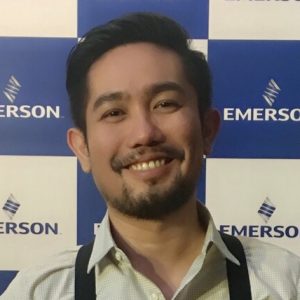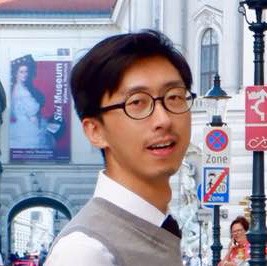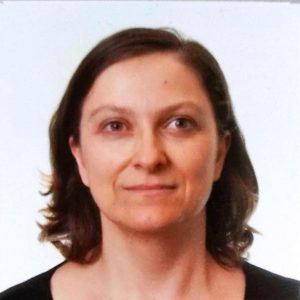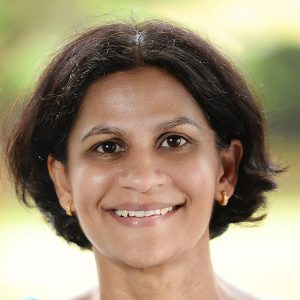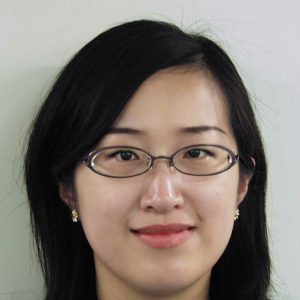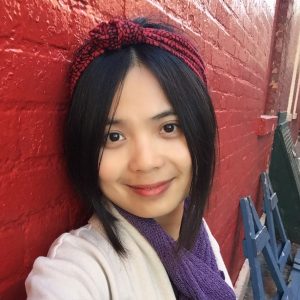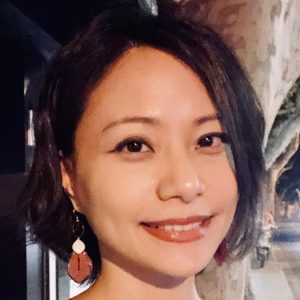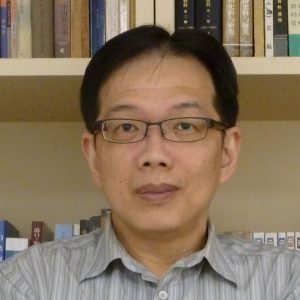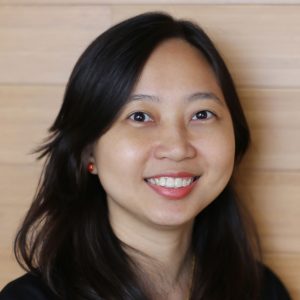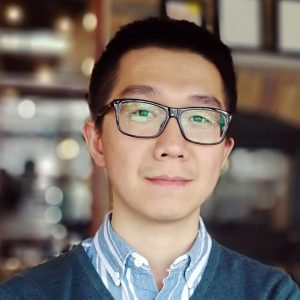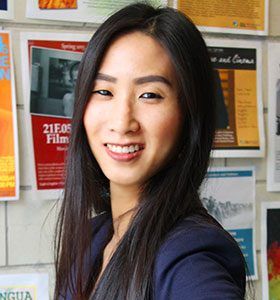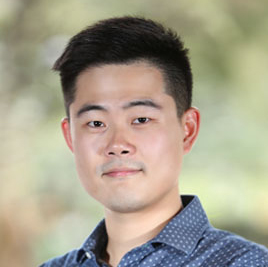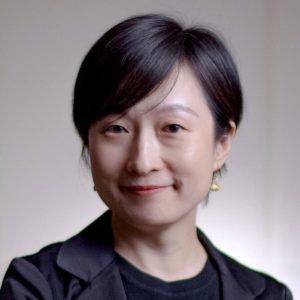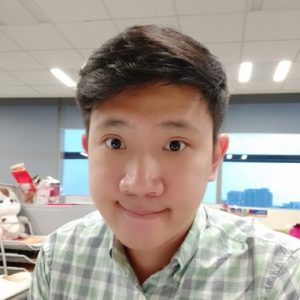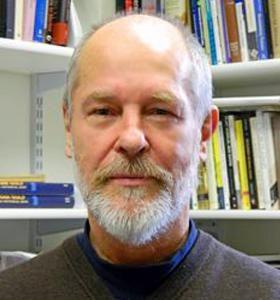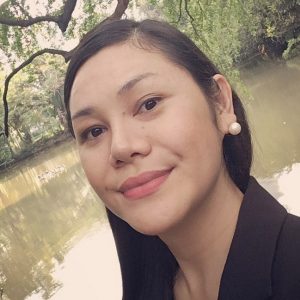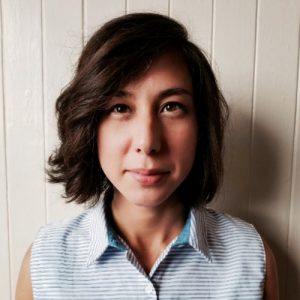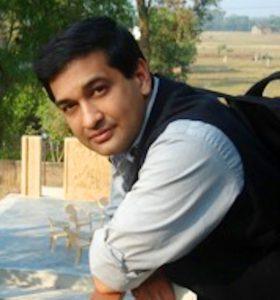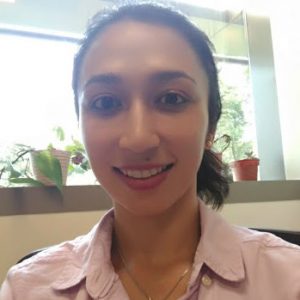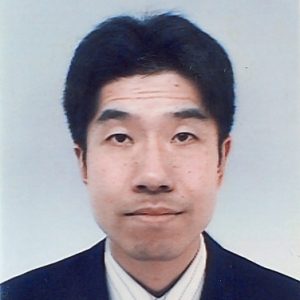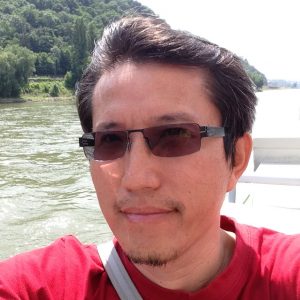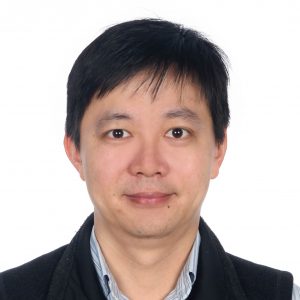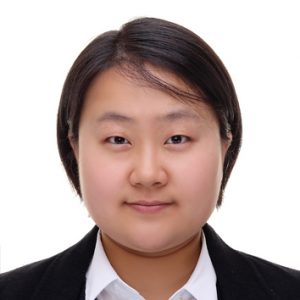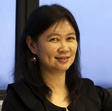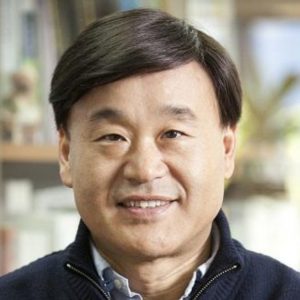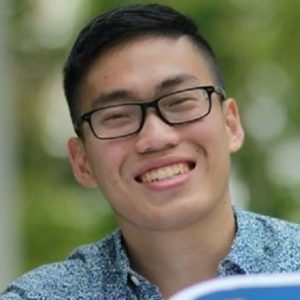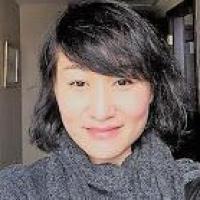Menu
Overview
Asia, arguably the world’s most diversified yet fragmented geographic region, has never been a single, bounded landmass but a porous network of corridors where transports of people have linked the region’s expansive lands, peninsulas, archipelagoes, and much-coveted seawaters. Studying the movement of communities within and beyond Asia therefore means not just explaining the material circumstances and discourses driving the phenomenon of migration, or investigating the infrastructures, sociocultural formations, ecological changes, and new modes of knowledge that result; it means also confronting the conceptual elasticity of the term Asia and uncovering the historical connectedness of individual Asian societies.
The Center for Global Asia at NYU Shanghai highlights “Asian migration” as the theme of its fourth annual conference. Between 1850 and 1930 there was an unprecedented growth in Asian migration due to the widespread political and economic transformations in Asia associated with European expansion. Around seven million people from Qing and Republican China settled in Southeast Asia during this period. Many also went to South Asia and Europe. There were others who arrived in Africa and the America, embedded within the indentured labor movement or drawn by the California Gold Rush. Similarly, there were about six million Indians who settled in Southeast Asia and millions of others who reached Africa, Australia and the Americas as indentured labors. Migration of Chinese and Indians continued during most of the twentieth century, some of these people were part of re-migration process while others returned to their ancestral homeland. The geographic mobility of the Japanese, Koreans, Southeast Asians, West Asians within and beyond Asia paralleled the movement of Chinese and Indians. This movement of Asians, which continues to the present-day, shaped the history and culture of different regions of the world, fostered cross-regional connections, led to the spread and mixing of religious beliefs, created different forms of cuisines, and complicated the concepts of national and cultural identities. Increasingly, it also prompts us to discuss what it means to move at all, and to adapt, transition, and challenge privileged forms of social embodiment and alliance in radical ways.
The conference explores several facets of travel and mobility, conditions of human connectivity, as well as their potential risks and costs, in a context where the fates and decisions of differently empowered individuals—such as marital and labor migrants, refugees, overseas students, returnees, transgender communities, asylum seekers, transnational families, and so on—are often intertwined with the structural changes in both the sending and receiving societies. It examines multiple sites associated with Asian migration within Asia as well as those in Africa and the Americas, and addresses issues of identity formation, contestation, imaginaries, socio-economic entanglements, and political networking, among others. The key objective is to understand Asia’s internal and external connections through the movement of people.
Speakers
Program
August 26, 2019
Chair: Duane Corpis (NYU Shanghai)
09:45-10:05 David Ludden (New York University)
Mobility, Migration, and Money in Cowrie Country, Sylhet
10:05-10:25 Elvan Cobb (Rice University)
Steaming Through Ancient Lands: Comparative Tourist Mobilities in Western Anatolia and Southern Mesopotamia
10:25–10:45 Devleena Ghosh (University of Technology Sydney)
Unofficial Travel: Connections and Circulations in the Indian Ocean in the Late 19th and Early 20th Century
10:45-11:15 DISCUSSION
Chair: Tzu-hui Celina Hung (NYU Shanghai)
13:00–13:20 Choy Fong Theodora Lam (National University of Singapore)
Negotiating the Marital Lifecourse: Marriage Migration, Critical Junctures and the Linked Lives of Cross-National Couples in Singapore
13:20–13:40 Jian An Liew (National University of Singapore)
Tuning Care Relations at Home: Foreign Domestic Workers and the Elderly in Singapore
13:40–14:00 Kellynn Wee (National University of Singapore)
Maid Agents and the Puzzle of Moral Credibility: Brokering Migrant Domestic Work in Singapore
14:00–14:20 Kristel Anne Fernandez Acedera (National University of Singapore)
When Care is Near, Far, and In-between: Polymedia and the Negotiation of Transnational Parenting by Left-behind Children and their Carers
14:20-15:00 DISCUSSION
Chair: Hongyan Gu (Institute of China Studies, Shanghai Academy of Social Sciences)
15:20–15:40 Chunji Xuan (Jilin University)
The Effect of Korean-Chinese Immigrants to the Trade and FDI Between China and South Korea
15:40–16:00 In-Jin Yoon (Korea University)
International Migration and Migrant Integration in Korea : Their Relevance to Japan and Chinese Taipei
16:00–16:20 Hideki Tarumoto (Waseda University)
How to Become an Immigration Country: A Japanese Case
16:20-16:50 DISCUSSION
17:30-19:00 Brenda S.A. Yeoh (National University of Singapore)
Transnational Migrations, Plural Diversities 和 the Spaces of Encounter in Singapore
August 27, 2019
Chair: Marina Kaneti (National University of Singapore)
09:20–09:40 Tansen Sen (NYU Shanghai)
Who Was Atchew? Examining the Origin Myth of the Chinese Indian Community
09:40–10:00 Piya Chakraborty (Shiv Nadar University)
Food and Diaspora: An Ethnographic Study of Chinese Restaurants in Kolkata
10:00–10:20 曹寅 (Tsinghua University)
The Last Hump: The Lahore Elementary Flying Training School, the Chinese Civil War, and the Final Days of the British Raj
10:20-10:50 DISCUSSION
Chair: Shirin Esther Edwin (NYU Shanghai)
11:10–11:30 Cheryl Schmitz (NYU Shanghai)
Work Without Life: The Value of Moneymaking Among Chinese Migrants in Angola
11:30–11:50 Derek Sheridan (Institute of Ethnology, Academia Sinica)
Wachina, Wahindi, and the Vanishing Figure of “Asian” Intermediaries in South-South Imaginaries
11:50–12:10 Liang Xu (Peking University)
Factory, Family, and Industrial Frontier: A Socioeconomic Study of Chinese Clothing Firms in Newcastle, South Africa
12:10-12:40 DISCUSSION
Chair: David Ludden (New York University)
14:00–14:20 Fang He (NYU Shanghai)
Admissibility Inside Out: Contested Bodies and U.S. Administration of Chinese Exclusion Laws
14:20–14:40 Heather Ruth Lee (NYU Shanghai)
The Chinese Banquet: Chinese Immigrants and the Brokering of Power in Turn of the Century New York
14:40–15:00 Tina Shrestha (Waseda University)
Surviving the Sanctuary City: Ordinary Suffering and Asylum-Seeking Work among Nepali New Yorkers
15:00–15:20 Deirdre Harkins (New York University)
Keeping an Invisible Race, Invisible: Asians in a White Argentina
15:20-16:00 DISCUSSION
Chair: Brenda S.A. Yeoh (National University of Singapore)
16:10–16:30 Yun-Chan Liao (CommonWealth Magazine)
From Literature Award to Bookstore: Building Viable Community Networks for Taiwan’s Southeast Asian Migrants
16:30–16:50 Tzu-hui Celina Hung (NYU Shanghai)
The Promise and Challenge of Translation in the Taiwan Literature Awards for Migrants
16:50–17:10 Tsung-Lung Tsai (National Chung Cheng University)
Documenting Taiwan’s New Immigrants and Migrant Workers: Production Process and Post-Production Challenges
17:10–17:30 Hsin-Chin Evelyn Hsieh (National Taipei University of Education)
Documentary as a Tool of Intervention: Gender and Identity Politics of Southeast Asian Marriage Migrants in Taiwan
17:30-18:10 DISCUSSION
August 28, 2019
Chair: Tansen Sen (NYU Shanghai)
09:30–09:50 Anh Sy Huy Le (Michigan State University)
“Leaves Falling Back to Its Roots”: Chinese Migrants, Repatriations of Remains, and Colonial Modernity in French Cochinchina, 1892–1893
09:50–10:10 Qian Zhu (Duke Kunshan University)
Exile to the Equator: Chinese Anti-Colonialism in Southeast Asia in the WWII
10:10–10:30 Xiaorong Han (The Hong Kong Polytechnic University)
The Ethnic Chinese Revolutionaries in Northern Vietnam during the First Indo-China War
10:30-11:00 DISCUSSION
Chair: Jaya Jacobo (University of the Philippines)
11:10–11:30 Brenda Rodriguez Alegre (University of Hong Kong) and Leo Fernandez Almero (Emerson Electric [Asia] Limited)
The Transpinays: Migrating Bodies, Identities, and Sexualizations
11:30–11:50 Prempreeda Pramoj Na Ayutthaya (Rainbow Sky Association of Thailand)
Trans Migrants and Refugees in Thailand: An Intersectional Perspective
11:50–12:10 Shieko Reto (Freelance Artist)
“What Are You Doing Here? When Are You Going to Fly?”: The Trans Experience in Malaysia
12:10–12:30 Hendri Yulius (Independent Writer and Researcher)
Aspirational Migration, National Attachment: Trans Mobility and National Belonging in Indonesia
12:30-13:10 DISCUSSION
Chair: Mark Swislocki (NYU Abu Dhabi)
14:10–14:30 Yifei Li (NYU Shanghai)
Greening the Belt and Road Initiative (BRI) and Global Environmental Politics in the Age of Global China
14:30–14:50 Marina Kaneti (National University of Singapore)
A Paradigm Shift?: China and the Responsibility for Environmental Protection
14:50–15:10 Ayesha Omer (New York University)
The Digital New Silk Road: A Study of the Pak-China Fiber Optic Cable
15:10-15:40 DISCUSSION
Keynote Address
「 Transnational Migrations, Plural Diversities and the Spaces of Encounter in Singapore 」
National University of Singapore
Date: August 26, 2019 | 17:30-19:00
Venue: Auditorium, NYU Shanghai
Contemporary postcolonial migration is a compelling force increasing diversity in globalising cities such as Singapore. Amidst multiplicative diversities, processes of enclavement and encounter along a spectrum of self/other divides, occur alongside those of selective acculturation and negotiated co-existence as people with different histories and geographies meet and take stock of one another in the constant (re)making of divercities. While civility in public spaces (‘ritualised codes of etiquette’) is often taken to be the key litmus test for private prejudices/moralities, it is equally important to rethink the politics of diversity and migrant encounter in private spaces, where ‘the other’ may be strange and unfamiliar, but may well be intimate and even familial. For global cities such as Singapore to develop a truly cosmopolitan urban ethic, not just the conviviality of its streets but the intimacies of its homes need to be ‘places of self-knowledge, not fear’ (Sennett, 2001).
本次活动主持为 Joanna Waley-Cohen, Provost and Affiliated Professor of History, NYU Shanghai; Julius Silver Professor of History, NYU.
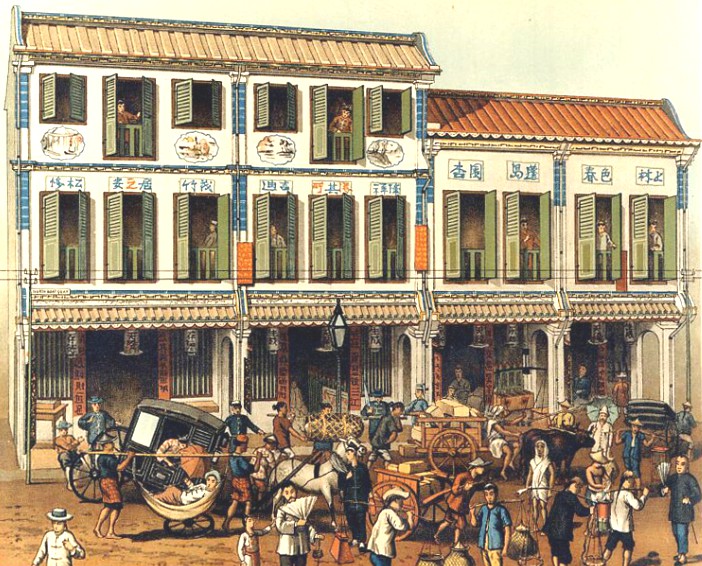
Co-Sponsors
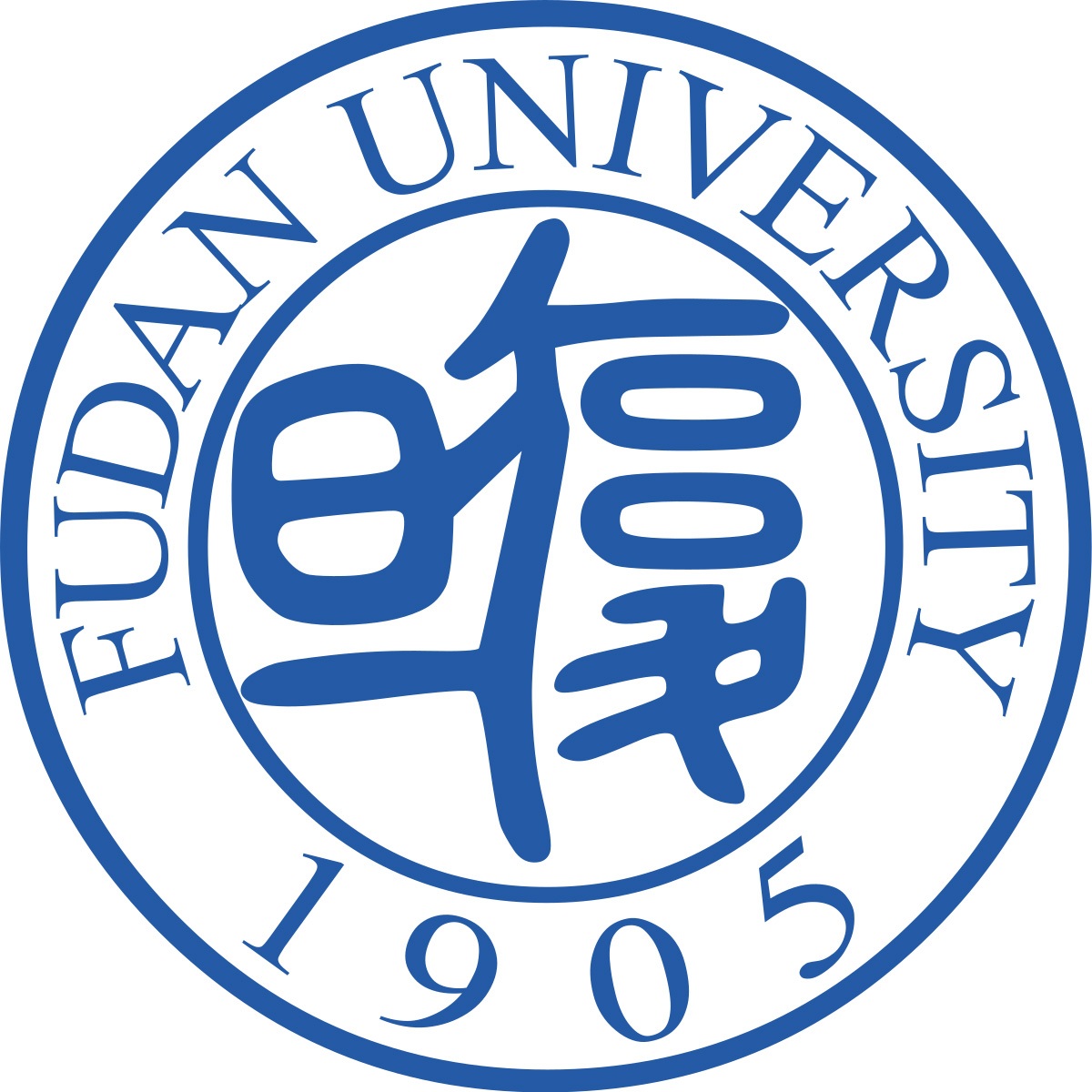
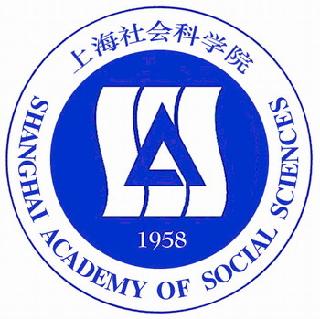
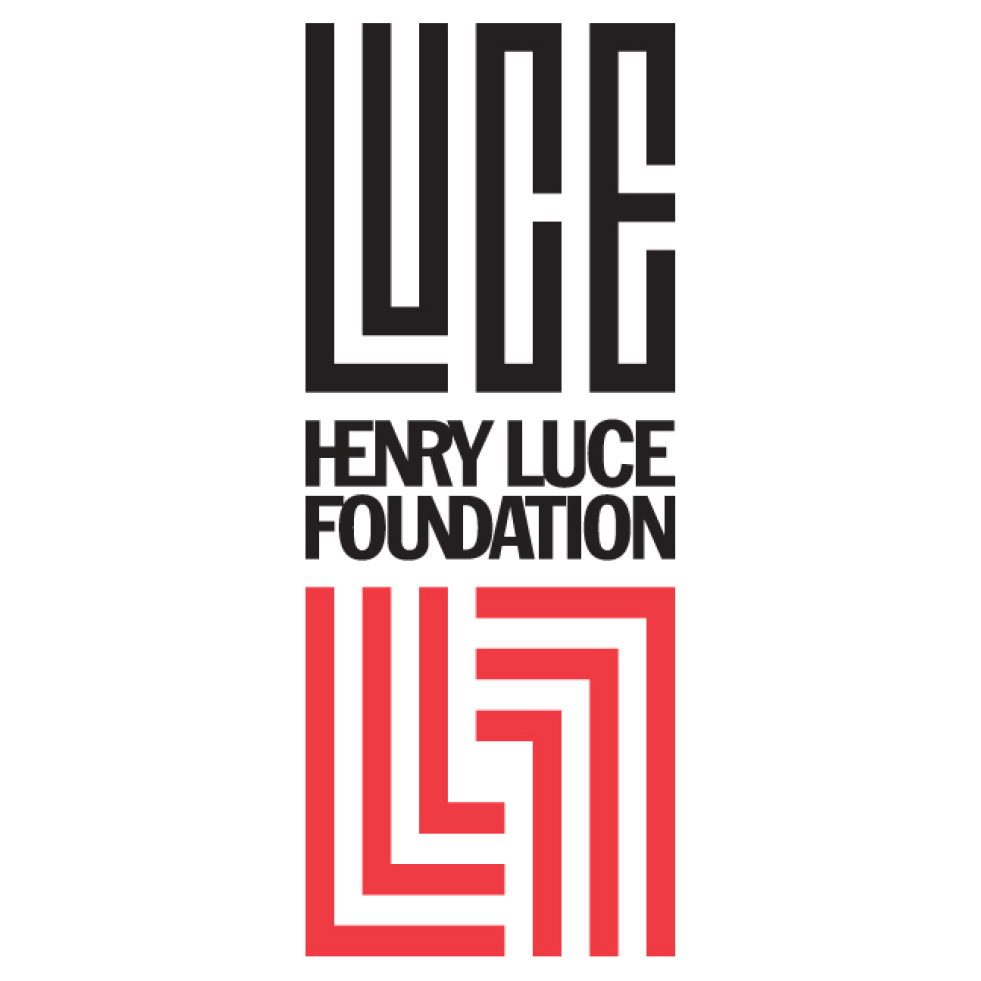
& University Communications
at NYU Shanghai




